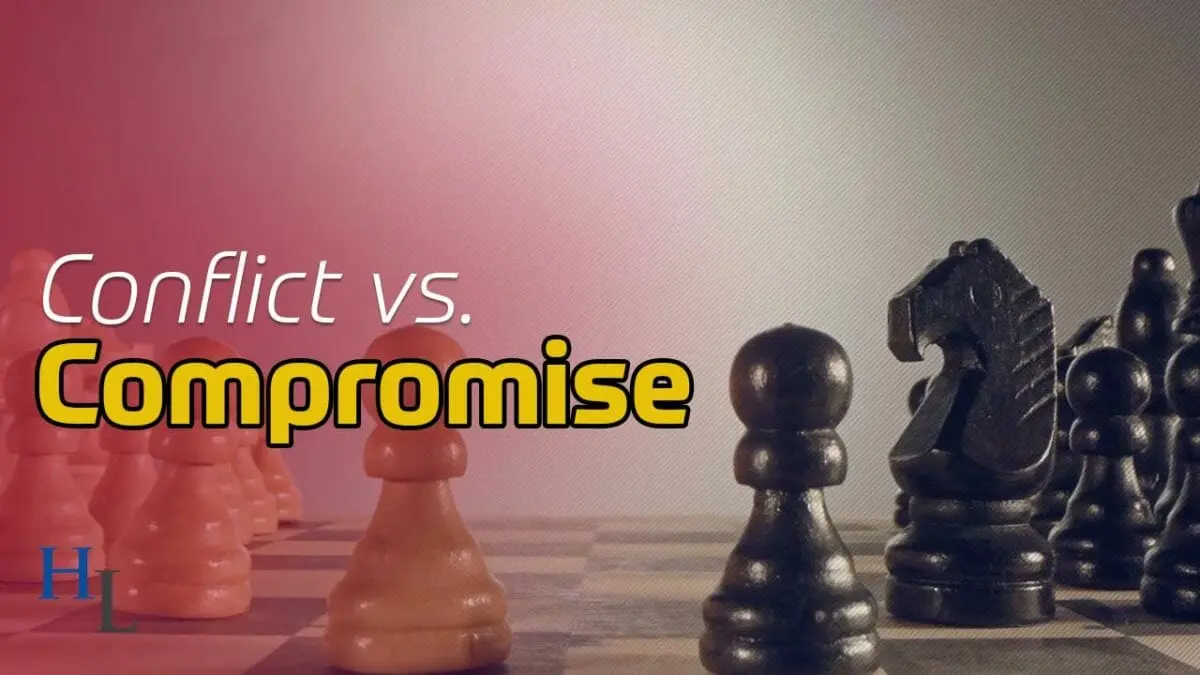
Estate Planning for Vacation Homes | Litigation Stories
Vacation homes are about people and places. We have fond memories of friends and family in places often visited. So, when we speak of vacation homes, we know that they are more than just bricks and mortar. They are family history – a chronology of our lives.
When it comes to estate planning for these properties, we need to give more than passing attention. I know – we do estate and trust litigation, and we’ve seen the multiple ways that vacation homes can challenge estate and trust administration. I’ll give a few of them. Identifying facts have been changed to protect the privacy of the participants.
A loving dad’s Monterey-area vacation home was in his trust at the time of his death. The dad, the settlor of the trust, directed that the successor trustee was to maintain the home and the beneficiaries of the trust were to use it as they wished. Good idea. One that didn’t work that well.
The trustee, a non-family member and for-profit trustee, treated the beneficiaries as if they were interlopers. He wanted a list of any guests that were to accompany the beneficiaries to the home. He acted like an East German border guard. “What’s your name? What’s your purpose? How long will you be there?” You get the idea. What was once a home filled with memories became the fiefdom of an autocrat.
The case of a Tahoe-area home raises other issues. The vacation home was left in the owner’s estate. The home was distributed in probate to various family members as tenants in common. The family members never made a calendar for the allocation of vacation time. They never had a tenancy in common agreement.
Some members used the home nearly full-time and probably pocketed any rents from the time that they weren’t using it. On the other hand, they paid most of the expenses. One member who didn’t use the home thought that this was unfair. But his income was limited, and he couldn’t contribute to the expenses.
Another vacation home became the subject of controversy. While the home was owned by a trust, the successor trustees could not agree on the level of maintenance that the home required. A few sisters thought that the home was falling apart while their brother, who never used the home, thought that it was just fine.
The trust had no money, so any improvements or maintenance would have to be contributed by the siblings. The siblings who used the home wanted the sibling who didn’t to contribute an equal share. This was not well-received.
So, how could some of these problems have been reduced or even eliminated? Let’s go back and reiterate that the family vacation home is more than a place – it is a reservoir of emotion. Some families deal with this by allowing the family member who uses the home to buy out the others who don’t. This can be accomplished with a reasonable appraisal and financing or other estate or trust offsets.
When family members have a continuing conflict and cannot agree, a court can order a partition of the property. The proceeds from the sale are divided based upon ownership.
Mediation is often an avenue to resolution. It is less expensive than litigation, and if it fails, the parties can always resort to litigation.
At Hackard Law, we take significant cases where we think that we can make a substantial difference and there is a wrongdoer who can be made financially accountable for their wrongdoing.
While some vacation home controversies have wrongdoers, many are simply the result of inadequate planning. It is surely better that the parties can resolve their dispute without the intervention of lawyers. And, many can.
If you would like to talk with us about your trust or estate vacation home issues, call us at Hackard Law (916) 313-3030. We want to hear your story.

 (916) 775-8542
(916) 775-8542